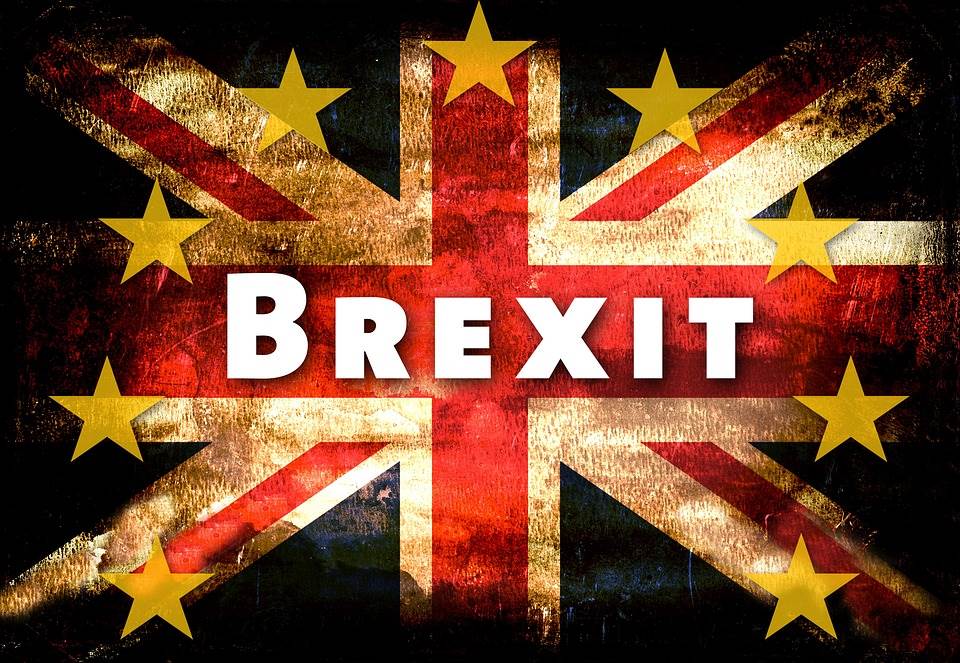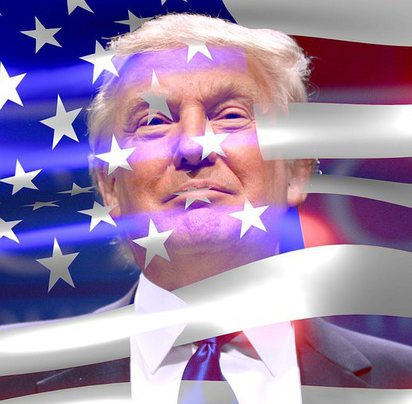2016 was supposed to be the year of “business as usual”. It was an American presidential election year that saw the Republican Party in such disarray that it struggled to find a conventional front runner for its candidate that many analysts assumed that the Democrats would win easily. In the UK, a gambit by David Cameron (remember him?) designed to quieten Eurosceptic voices in his own party and pull the rug out from under the feet of upstart party UKIP, was expected to comfortably endorse the UK’s continuing membership of the EU, after he won a raft of concessions from his EU partners (which probably even he couldn’t name now). As we know, things didn’t go to plan. 
The Federal Reserve intended to increase interest rates four times across the year, bringing them up to 1.25%. In the event, concerns over a weak oil price and a Chinese stock market shunt (crash is perhaps too strong a word) derailed that plan. These factors cut three months’ worth of growth out of stock prices and the Fed feared that higher interest rates could choke of growth, so the decision was deferred to later in the year for after the UK’s endorsement of the EU – which, as we know, didn’t happen. Finally, just this month, the Fed raised rates by 0.25%, taking the base rate up to 0.5%, with a suggestion that rates may rise in response to the economic policies of the incoming president in 2017, sending the Dollar to a 14 year high against a basket of currencies. That president will not be Democrat Hillary Clinton, of course.
In late June, a bout of summer madness gripped 52% of the UK electorate, providing a narrow mandate for the UK to leave the EU, much to everybody’s shock – not least those who had campaigned for it. Having promised to remain, come what may, and trigger Article 50 of the Treaty of Lisbon signalling UK withdrawal from the EU the day after a vote to leave, the leaving was done by Cameron who stood down as PM and a few months later resigned as an MP, “leaving” others to clean up the mess he had caused. None of the promises that inspired the electorate to vote “Leave” have survived the vote (such as an extra £350 million a week for the NHS; a points based immigration system or a guaranteed continued membership of the Single Market (promised in the Tory manifesto in 2015)). Instead, a “promise” to trigger Article 50 by the end of March 2017 has emerged and been (non-bindingly) endorsed by parliament. The fate of EU citizens in the UK and British expats living in the EU remains up in the air (but this is almost certainly a phoney war) and the desire, or otherwise, of the post EU UK to remain in the Single Market/Customs Union/EFTA all are subject to near daily contradictions from ministers in the cabinet and Brexit supporting MPs. The PM’s preference for using the Royal Prerogative to trigger Article 50 was the subject of a High Court action which determined that Mrs May could not do so.
 The government has challenged this decision in the Supreme Court and a judgment will be given next month. As the devolved parliaments (Scotland, Wales and Northern Ireland) all interceded in the appeal, it is possible that the court may determine that Article 50 can only be triggered by a parliamentary vote once assent is given from the devolved parliaments. Since both Northern Ireland and Scotland voted to remain in the EU, it is difficult to imagine that such approval would be granted, so Brexit may yet not happen (of course, the Supreme Court could reverse the lower court’s decision and allow the PM authority to trigger Article 50 without any parliamentary approval).
The government has challenged this decision in the Supreme Court and a judgment will be given next month. As the devolved parliaments (Scotland, Wales and Northern Ireland) all interceded in the appeal, it is possible that the court may determine that Article 50 can only be triggered by a parliamentary vote once assent is given from the devolved parliaments. Since both Northern Ireland and Scotland voted to remain in the EU, it is difficult to imagine that such approval would be granted, so Brexit may yet not happen (of course, the Supreme Court could reverse the lower court’s decision and allow the PM authority to trigger Article 50 without any parliamentary approval).
The UK remains part of the EU and many of the more outlandish projections of economic catastrophe have not come to pass (pessimists explain that this is because the UK is still an EU member with full privileges). However, Sterling did crash in the aftermath of the vote, falling by about 20%. Ironically, this has boosted the FTSE since many stocks listed report profits in Dollars which are boosted by a weaker Pound. Inflation is bound to rise (and is already up from 0.5 in June to 1.2% currently) as more expensive imports work into the data.

There is an old saw that has it “the trouble with political jokes is that they usually get elected” – this has become a truism in the US this year where Donald Trump came from being a fringe Republican candidate to win the US election. Mr Trump withstood many crises during his candidacy and in the election campaign which would have sunk virtually any other person, ranging from sexual misconduct, misogyny, contradictions, out and out lies, rabble-rousing (ban on entry of Muslims to US; deporting illegal immigrants; building a wall on the Mexican border that the Mexicans would pay for etc), a refusal to publish his taxes and so on. But in the end (possibly with a little help from Vladimir Putin and his hackers), the American electorate endorsed him. Initial market reaction was a fall in stocks, but this quickly reversed itself, probably as investors realised that there was a Republican in the White House and the party had majorities in both houses. The Republican Party has traditionally been seen as business friendly, so probably the positive market sentiment stems from that rather than an endorsement of Trump’s policies which like Brexit, remain shrouded in uncertainty. Well, at least 2016 wasn’t dull!

